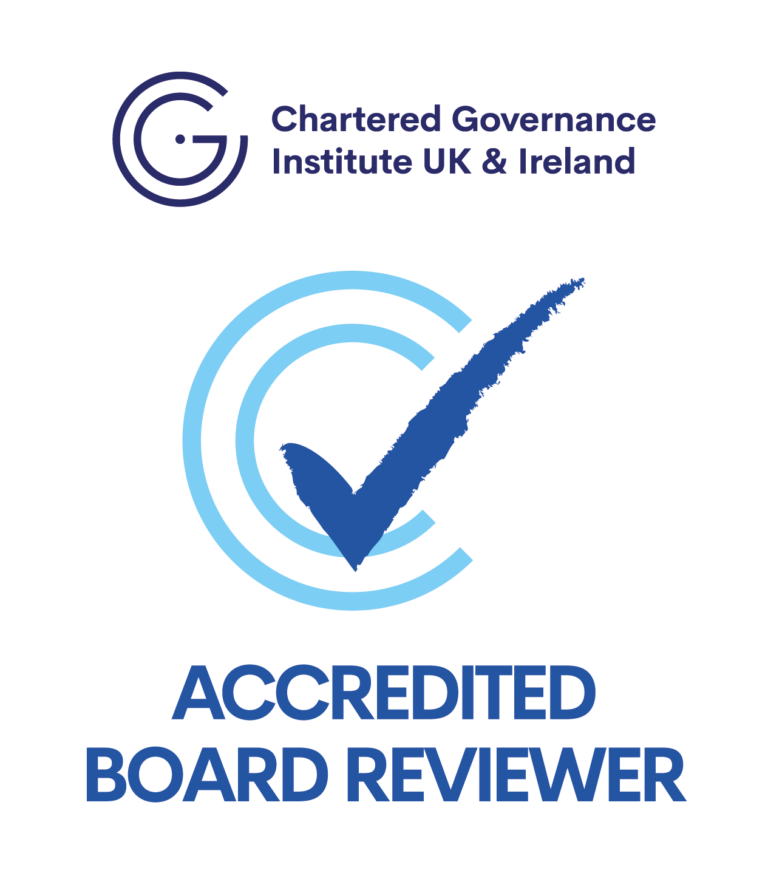In order to answer this question, it is important to establish what the objectives set in the first place were? Very often, this is not clarified between the Chairman and the Board Evaluator in the beginning which is a missed opportunity to define achievements gained in the process.
There are also objectives defined by the company secretary and those suggested by the Board Evaluator.
Can these three sets of defined outcomes be aligned to deliver best value to the company? Most definitely, they can!
The Chairman or the Company Secretary may have a specific need they want addressed which the Board Evaluator needs to objectively assess as the program progresses. The Evaluator, through experience will focus on key areas they are aware are often troublesome for Boards. Not all Evaluators focus on the same areas nor have the same broad width of experience, so choosing the balance and focus ranging from governance process to people behaviour is critical.
What exactly does “Good” feel like when you reach it?
What is required to transition this Board from where it is to become a high performing Board?
From a Board Evaluator’s perspective, the most important outcome is that the Board has matured in their governance behaviour, has addressed their blind spots and individual perceptions, has learned to listen, to speak up and challenge effectively and has found new, productive ways of working together, so that the leadership TEAM of the organisation achieves cohesion and clearly defines the “tone from the top”.
The Chairman might have wanted to escape the evaluation with as few recommendations as possible – it takes work and effort to change. Often Chairman feel they are already doing their best and feel that further input is not required.
In our experience Chairmen are typically wonderfully pleased with the improved workings of the Board, tangibly feeling that there are positive changes, but sometimes not quite sure they can put their finger on why in some cases.
This “new place” the Board is at, being the outcome of each Director making minor changes themselves contributing to all working better together.
The Company Secretary is Pivotal
The Company Secretary is the role that is most realistic about where the Board is at before the Evaluation process begins and often comment on the improved interactions that emanate from the exercise, allowing the full skills of the Company Secretary to be deployed.
As commented by a FTSE Company Secretary after a particularly difficult evaluation, given that there were high levels of negativity to the exercise happening, stating that “It has been amazing to see the transformation and to witness a Board meeting like the last which was totally transformed; I agree that most of the “work and transformation” had happened during the exercise such that immediate changes were evidenced.”
Directors, being intelligent people in the first place, invariably feel they have learned a lot about themselves, each other and have become more mindful of their impact, contribution and the value they can bring. In most cases, Directors are sensible enough to respect their own need for personal improvement, embrace it and which in turn, together, contributes to the Directors delivering within a highly effective Board.





























